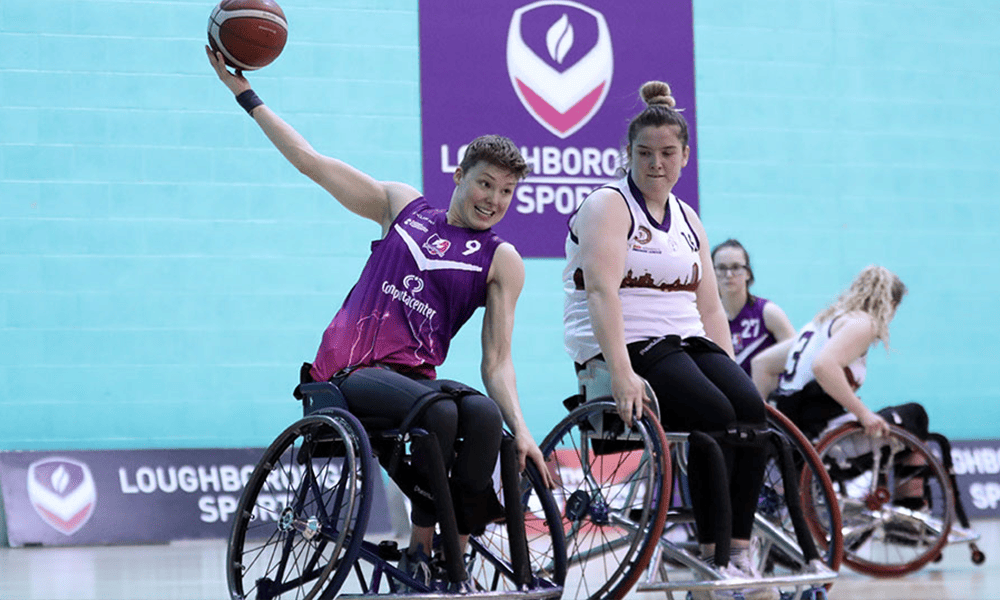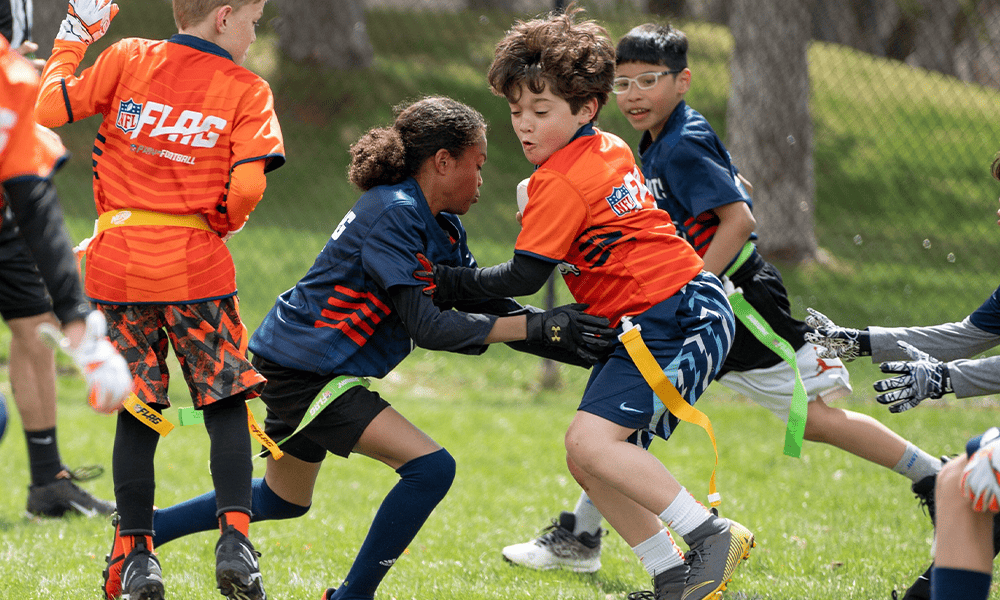October 14, 2022
A pilot project in South Sudan is helping young girls challenge and break taboos relating to their health through football. In collaboration with FIFA and South Sudan Football Association (SSFA), the initiative is using the sport as a tool to educate on menstrual health and hygiene.
Launched earlier this year, the Menstrual Hygiene and Education for Girls Playing Football project intends to both build up grassroots women’s football and educate on menstrual hygiene. “Girls and women’s football, it’s not just football, giving access to play the game, but it’s really tackling some of these social challenges or taboo topics,” said Arijana Demirovic, FIFA’s head of women’s football development.
In South Sudan, 70% of girls and women do not have access to feminine hygiene products such as sanitary pads or tampons. According to UNICEF, access to basic sanitation in communities across Eastern and Southern Africa has only increased by 6% since 2000 and predictions show that only 36% of the population will have access to basic sanitation by 2030. Lack of access to these products creates challenges for girls in being able to regularly attend schools and to practice sports.
“In Africa, too often young girls use inappropriate fabrics, mattress sponges or pieces of cut-out fabric,” said Senegalese Yaya Helene Ndiaye, the president of the NGO Kitambaa, which accompanies FIFA in South Sudan.
The project allows member associations to build local capacities and empower girls to educate themselves. Following football sessions, girls are taken through menstrual hygiene learning sessions where they receive reusable sanitary pads – donated by FIFA – and are taught how to use them. It also encourages them to become community ambassadors to help inspire the next generation to be more health-aware and interested in football.
“[I]t is hugely important for us because if you look at the poverty line in a country like South Sudan, 80-82% of the people in that country are below that line and live on two dollars a day,” explains Shilene Booysen, coach of the country’s women’s national team. She goes on to say that the project has given a platform to create more ambassadors for the program and raise awareness of the problem that female athletes and women face in the country.
The project has been successfully incorporated into football tournaments in the country, including the 2022 Women’s South Sudan Cup, the Girls Interschool Tournament – attended by girls from 27 primary schools across Juba City – and with the Women’s Senior League. The activities helped SSFA and FIFA to evaluate progress and plan for further implementation in the region and beyond.
Demirovic noted that FIFA feels encouraged by the positive feedback from the project and its success in empowering girls to take care of their own health. The next steps are to make sure that the health-related initiatives are sustainable and to work with the country so that girls can produce reusable pads themselves.






